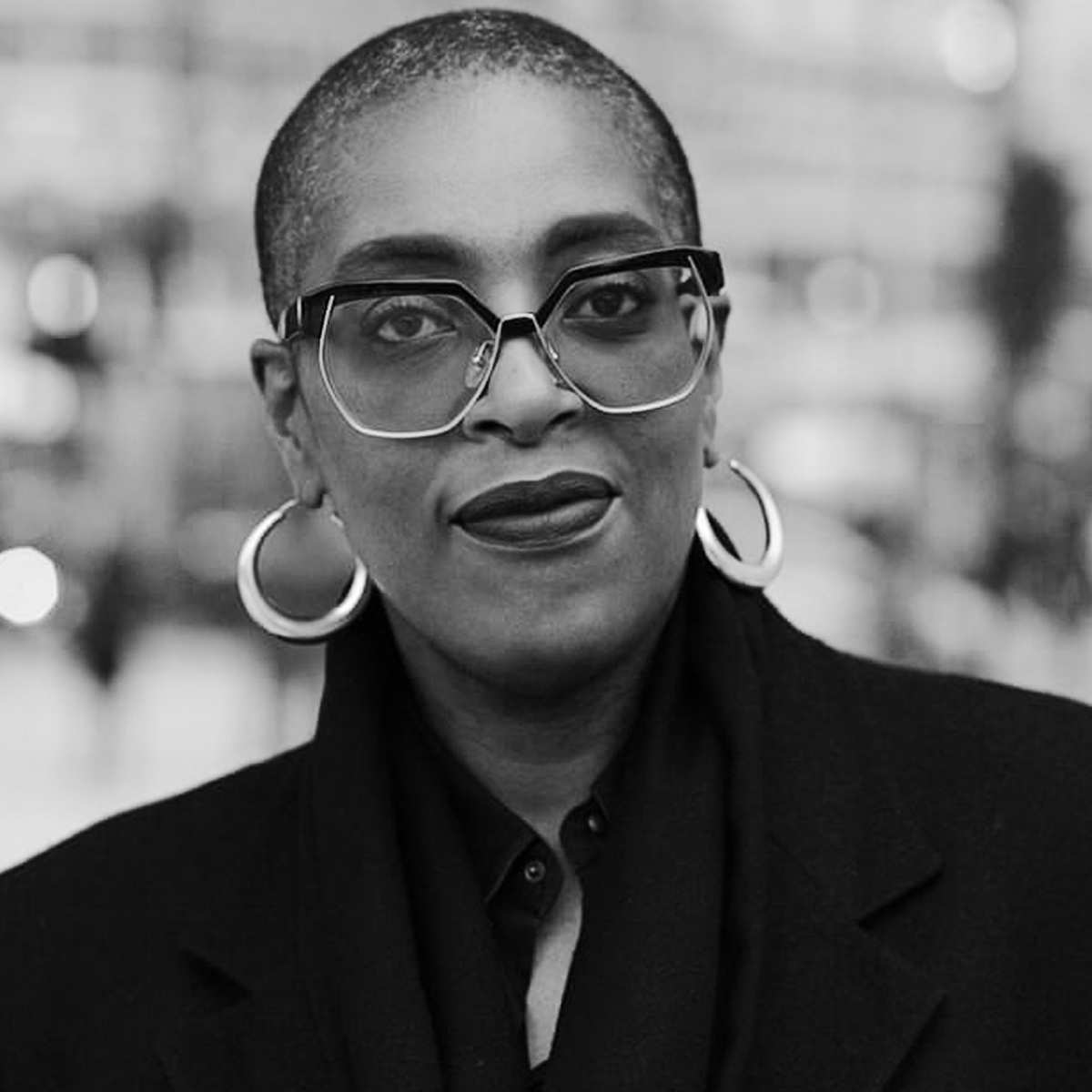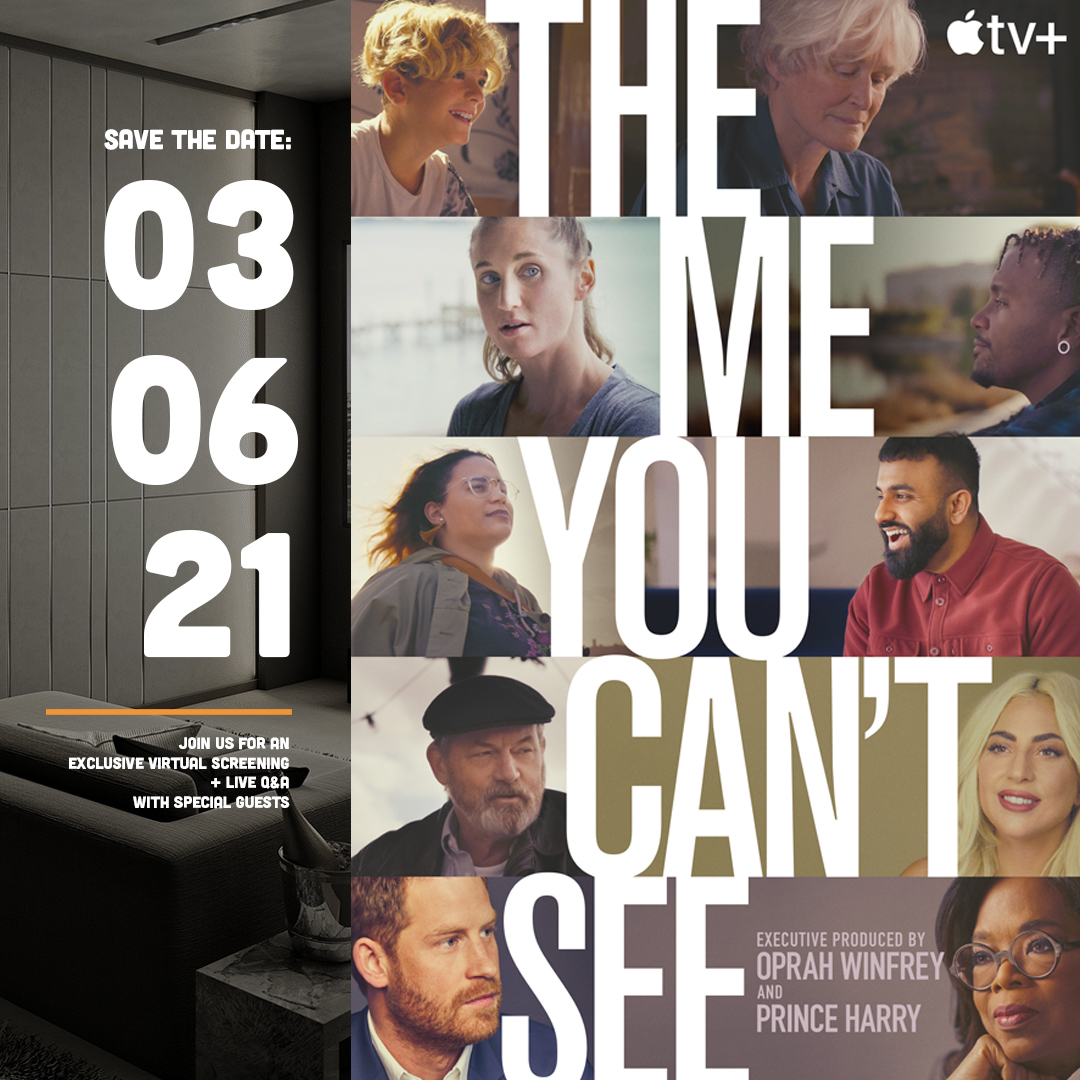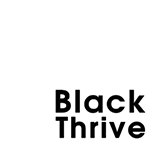
Jacqui Dyer talks Mental Health on ‘The Me You Can’t See’ series
Dr. Jacqui Dyer MBE talks About Her Role in The Me You Can’t See AppleTV Series with Oprah Winfrey and Prince Harry.
Over a year ago I received a letter from Oprah Winfrey asking me to be on the international advisory panel for the Apple TV series The Me You Don’t See. At first, I thought it was a scam! How could Oprah have been writing to me!
Two of my brothers endured terrible mental ill-health and died prematurely, the second died on 1st June last year. That was six days after the killing of George Floyd, whose purposeful murder is a witness and metaphor of my family’s experience of the lack of care from ‘the system’ and those of so many other Black families in the UK, USA, and beyond.
It is impossible for me to describe the devastating emotional impacts from which I have never recovered. I bought myself two plants to represent my brothers and have put them on my balcony; they have played a major part in my healing and road to recovery, as well as friends spending time with me in nature.
It has truly been a privilege and a joy to be part of this excellent series looking at the global experience of mental health, hosted by Oprah herself and Prince Harry. They talk about their own very human, intimate and authentic experiences alongside those of ordinary people from around the world.
The letter from Oprah came via the Mental Health Foundation, which I am president of and which is responsible for Mental Health Awareness Week in the UK. The theme this year was nature and it took me back to my childhood playing in the forests and hills around Huddersfield, which provided me the space to be creative and free from the challenges and traumas of the other aspects of my life as a child.
Growing up, my mother was in and out of hospital with depression and there were periods when my siblings and I would go into foster care. As a teenager I struggled with my own identity and lost sight of myself. I didn’t feel I belonged in this world and on several occasions, I tried to take my own life. But ultimately I couldn’t follow through because of what it would do to my parents, who had come over to the UK from Jamaica in the 60s, and wanted more than anything to make a good life for their five children.

Oprah Winfrey and Prince Harry join forces to guide honest discussions about mental health. This series features illuminating stories from across the globe, giving us the opportunity to seek truth, understanding, and a newfound hope for the future.
Join us on the 3rd June 2021 (6pm – 8pm BST) for a virtual screening of episode 1 and Live Q&A with series participant Dr. Jacqui Dyer MBE plus special guests.
(Places are FREE but limited to only 100 passes).
The impetus for me and others who founded Black Thrive was the death of Sean Rigg in 2008. Sean was a 40-year-old mentally ill Black British musician who had a cardiac arrest while being violently restrained by police in Brixton, South London. I co-chaired the Black Health and Wellbeing Commission which followed in the aftermath. The commission focused not only on improving mental health services but rather sought to improve the whole trajectory from childhood that leads to Black people gathering in mental health hospitals.
We are excluded from schools, excluded from good employment, and excluded from good housing. There is a misunderstanding of the factors that are at play to create the foundation of our experiences and the inability for Britain to make progress towards racial and social equality. Impartiality is about the structural nature of the opportunities that make up a society, and if these are biased towards White privilege, how can we make our way through that? I cannot stand injustice. I am driven by a vision for a better future for my people.
In my role as Deputy Leader for Lambeth Council and the Cabinet member for jobs, skills, and community safety, putting in place systems and structures, so that the people who need the most help can get it, is absolutely what I’m about.
There are a lot of excellent Black-led organisations, but what I think distinguishes Black Thrive is our ambition to change systems forever. We cannot constantly be crabs in a barrel scrabbling for morsels of funding that may be thrown our way. If we are to tackle the root causes of Black mental ill health, we have to have Black people in key decision-making positions who understand the roots of the condition in which we find ourselves and have the capability and determination to create change.
Mental wellbeing from cradle to grave has got to be the goal for every human. The Black Thrive agenda will always be at the heart of all that I do. It is my life commitment and it is global. I feel proud of what we have achieved and what we are yet to achieve. We need a global movement that is humane and humble. That is our mission, and I have the right leadership around me to make me feel confident that we can make this happen in the 21st century and I feel excited that it will happen in our lifetime.
The documentary series is available on the AppleTV app in over 100 countries and regions.
If you or someone you know needs help, you can find some resources HERE (Suggested by Apple TV).
Written by: Dr Jacqui Dyer MBE (Founder & Director, Black Thrive)



